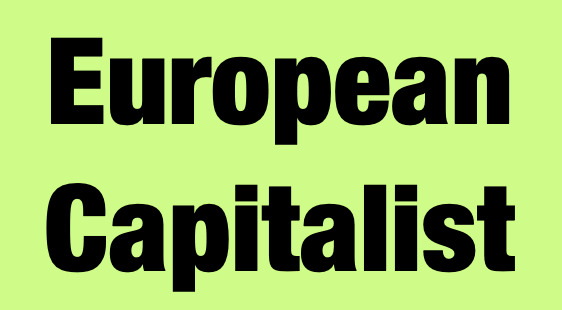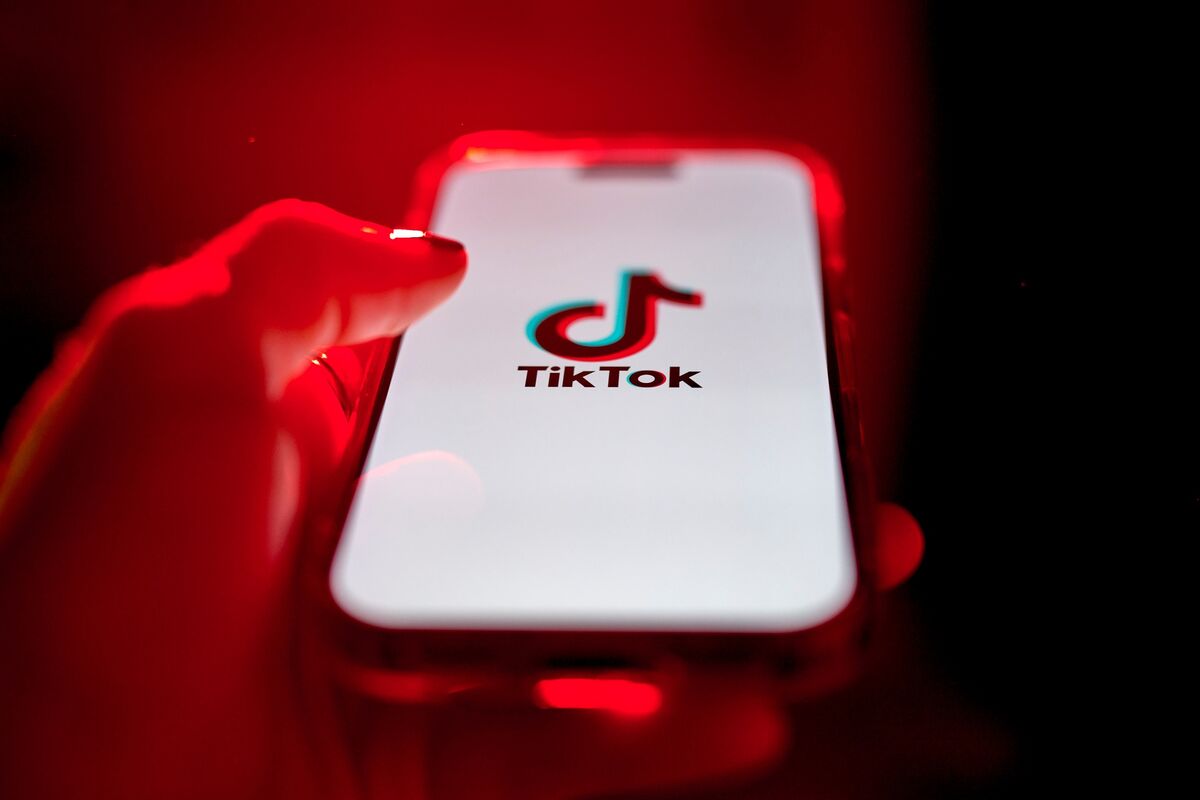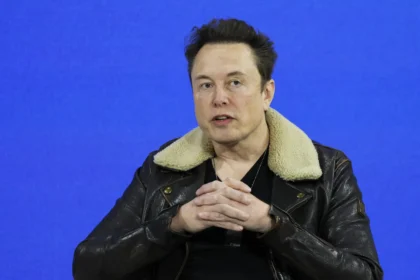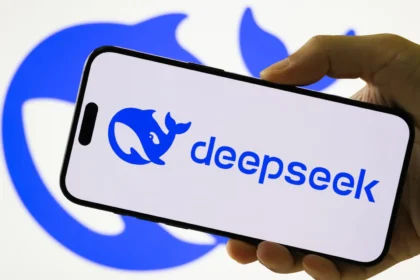Investors and analysts were left stunned after the announcement of TikTok’s latest acquisition agreement, reportedly pegged at a staggering $14 billion, under a deal orchestrated with the involvement of President Donald Trump’s team. The valuation, which far exceeds many expectations, has ignited debates over the social media giant’s true worth, its growth trajectory, and the broader implications for the U.S.-China tech landscape.
A Deal Years in the Making
The Trump-era scrutiny of TikTok, due to concerns over Chinese ownership and national security, culminated in protracted negotiations to restructure the company’s U.S. operations. Initially, U.S. regulators demanded a partial divestiture or transfer of data handling to U.S.-based entities.
The $14 billion deal represents the final culmination of those negotiations, reportedly involving major U.S. investors including Oracle, Silver Lake, and Andreessen Horowitz. These parties are expected to secure stakes in TikTok’s American operations, effectively creating a U.S.-controlled ecosystem for the app while maintaining the parent company’s global operations.
Why the Price Tag Stunned Investors
Several factors contributed to the surprise and skepticism among Wall Street analysts:
- Revenue vs. valuation gap: TikTok’s U.S. revenue in recent years, while growing, falls well short of the numbers needed to justify a $14 billion price purely on earnings multiples. Analysts estimate the valuation reflects strategic positioning more than current profits.
- Data and influence premium: TikTok’s access to millions of American users, especially in the lucrative Gen Z demographic, has been seen as an asset beyond traditional metrics. Investors may be pricing in long-term monetization potential from advertising and AI-driven commerce.
- Political risk factor: Any U.S.-China tech deal carries heightened political scrutiny. Paying such a high price now may reflect the urgency to secure regulatory approval and mitigate national security concerns.
Market Reactions
The announcement caused immediate reactions across multiple markets:
- Tech stocks: Shares of social media rivals like Meta and Snap dipped slightly, as investors reassessed the competitive threat TikTok poses in digital advertising.
- Private equity: Investors in PE funds backing the acquisition face higher capital calls and risk, given the large upfront valuation relative to expected near-term cash flow.
- Currency and trade sentiment: Some analysts note that the deal underscores the intertwining of geopolitics and finance, with cross-border valuations sensitive to U.S.-China relations.
Strategic Implications for TikTok
Beyond the headlines, the deal reshapes TikTok’s operational landscape:
- U.S.-centric data operations: American investors and oversight bodies will now have significant control over data storage and usage, addressing one of Washington’s primary concerns.
- Increased scrutiny and compliance costs: TikTok will likely face higher operational costs to comply with U.S. security requirements, potentially affecting profit margins.
- Innovation leverage: With deep-pocketed investors like Oracle involved, TikTok may accelerate AI-driven ad targeting, e-commerce integration, and creator monetization strategies.
Broader Tech and Geopolitical Implications
The deal is emblematic of a new era of tech geopolitics, where U.S.-China tensions directly influence valuations and corporate strategy. Observers note that:
- Regulatory pressure is now a market driver: Companies with global exposure must price in political risk.
- Valuation premiums may not reflect earnings alone: Access to strategic demographics and data sets has become a central component of value.
- Precedent for future deals: TikTok’s deal may pave the way for similar arrangements for other foreign-owned apps in sectors deemed sensitive to U.S. national security.
Investor Takeaways
While $14 billion is eye-catching, analysts caution investors to separate headline value from operational fundamentals. Short-term earnings may not justify the valuation, but the strategic control over U.S. operations and the potential monetization of TikTok’s massive user base could reward patient investors over the next decade.
Still, the deal underscores one of Wall Street’s key lessons in 2025: politics and geopolitics can dramatically skew valuations, sometimes in ways that traditional financial models cannot capture.
Conclusion
TikTok’s $14 billion price tag under the Trump-involved U.S. deal highlights the intersection of finance, politics, and technology in today’s markets. While the figure may shock investors, the underlying rationale reflects strategic imperatives far beyond quarterly earnings: securing data sovereignty, navigating geopolitical scrutiny, and positioning for long-term digital dominance.
The real test for TikTok—and for its investors—will be translating regulatory compliance and political maneuvering into sustainable revenue growth without alienating its global user base.







